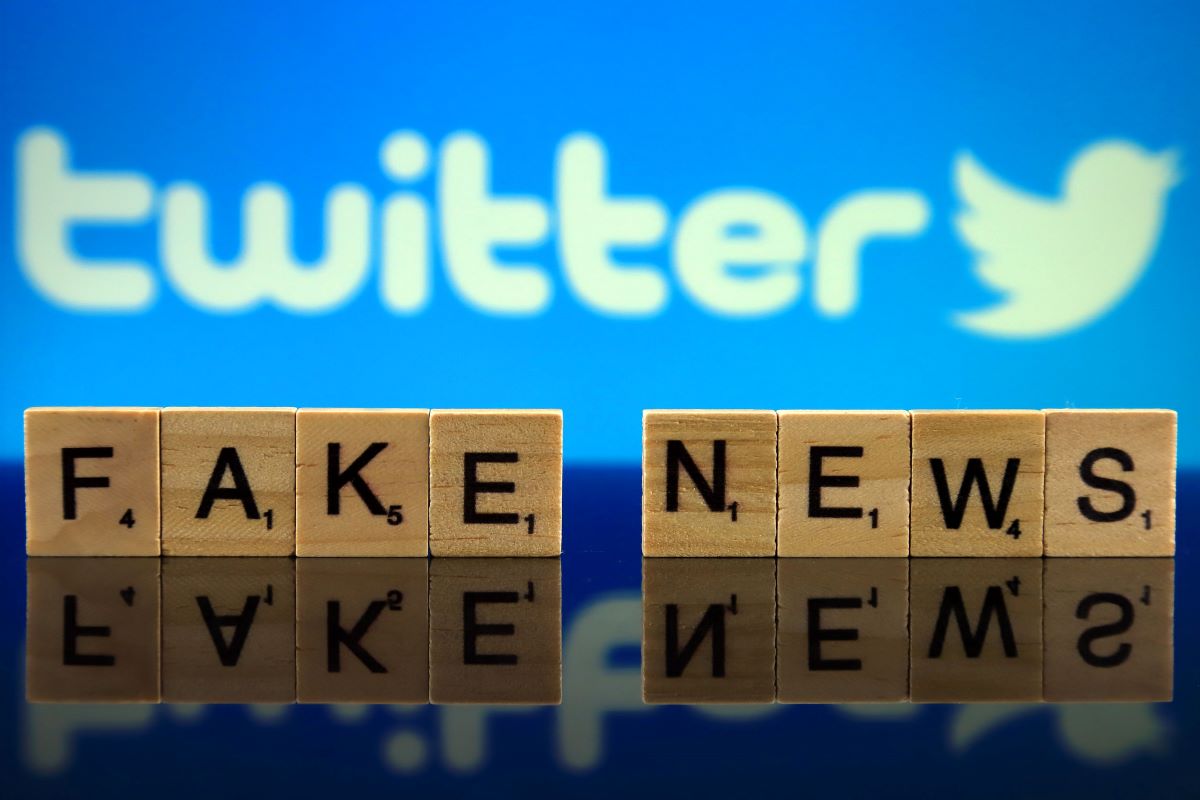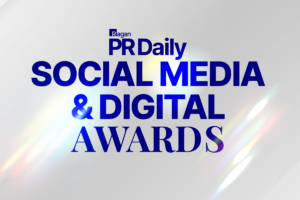Twitter to fight misinformation through crowdsourcing
The social media platform said it hopes to ‘more quickly build an effective community-driven solution’ that cuts down on fake news.

Twitter recently announced a new effort to combat fake news: A fact-checking program called “Birdwatch.”
🐦 Today we’re introducing @Birdwatch, a community-driven approach to addressing misleading information. And we want your help. (1/3) pic.twitter.com/aYJILZ7iKB
— Support (@Support) January 25, 2021
We'll use the notes and your feedback to help shape this program and learn how to reach our goal of letting the Twitter community decide when and what context is added to a Tweet.
For details and how to apply to be a part of Birdwatch: https://t.co/bt5BzIpe4o (3/3)
— Support (@Support) January 25, 2021
The pilot feature is currently only available to Twitter users in the United States who have a verified email and phone number with a trusted, U.S.-based telecommunications company (no Google Voice numbers or other workarounds). You also must activate two-factor authentication to participate, and your account must abide by Twitter’s terms of service and community rules.
In a blog post, Twitter explained:
Birdwatch allows people to identify information in Tweets they believe is misleading and write notes that provide informative context. We believe this approach has the potential to respond quickly when misleading information spreads, adding context that people trust and find valuable. Eventually we aim to make notes visible directly on Tweets for the global Twitter audience, when there is consensus from a broad and diverse set of contributors.
In this first phase of the pilot, notes will only be visible on a separate Birdwatch site. On this site, pilot participants can also rate the helpfulness of notes added by other contributors. These notes are being intentionally kept separate from Twitter for now, while we build Birdwatch and gain confidence that it produces context people find helpful and appropriate. Additionally, notes will not have an effect on the way people see Tweets or our system recommendations.
Birdwatch’s approach flips Twitter’s existing model of moderation, in which Twitter itself labels content. It also places more power (or burden, potentially) in the hands of users, much in the way Wikipedia or Reddit are platforms whose communities are self-governed by users.
Twitter acknowledged the risk in crowdsourcing feedback to cut down on misinformation, promising to focus on “making [Birdwatch] resistant to manipulation attempts” along with “ensuring it isn’t dominated by a simple majority or biased based on its distribution of contributors.”
Twitter’s approach to fighting fake news and misinformation is an interesting one that comes with risks, but also could carry promise. Asking Twitter users to take responsibility in building the social media community and platform they’d like to see could potentially increase consumers’ feelings of connection and ownership with both Twitter and media literacy.
The move can also serve to highlight the importance of inviting people to be a part of your strategic process—especially when it comes to building trust through transparency and truth.
You can embrace Twitter’s move by asking your employees—or a select group of internal partners and brand ambassadors—to weigh in on your organization’s strategies addressing misinformation, reputation management or trust. Outline clear questions you’d like answers and feedback on, and then follow up with additional conversations, messaging and efforts that highlight your commitment to listening and incorporating feedback.
What do you think of the project?
Get more of the latest social media best practices, tactics and tools by attending our Social Media and Digital Communications Virtual Conference, March 16.







